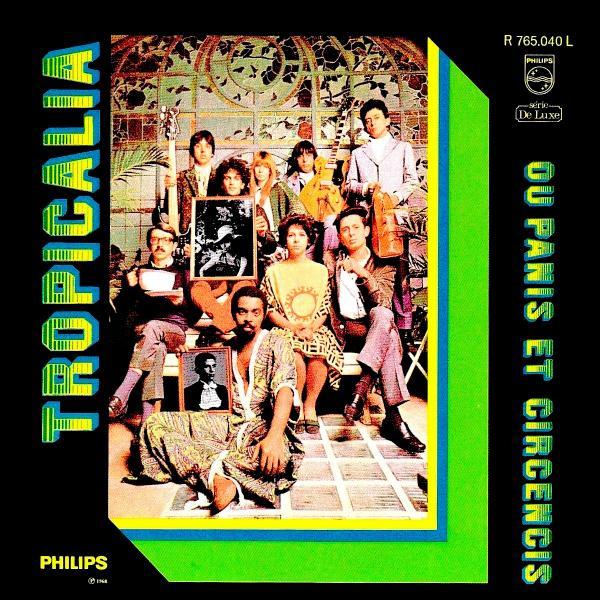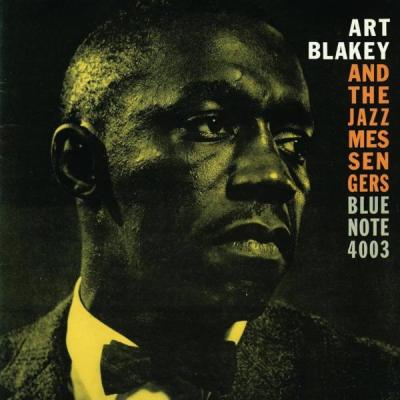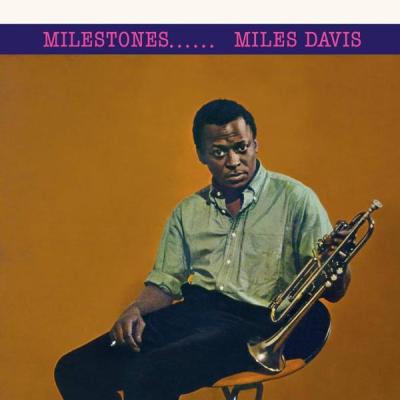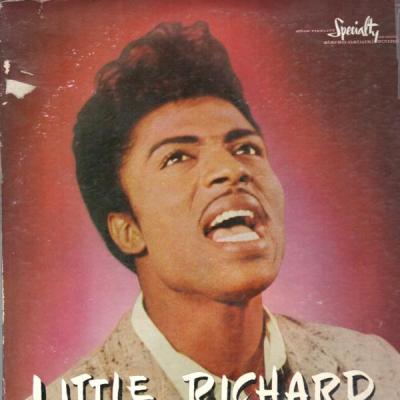


Tropicalia: Ou Panis Et Circensis
Album #98 - July 1968
Episode date - June 21, 2017
For years, I’ve had a recurring dream. I’ve always been an avid collector of music, so (back when they existed), record stores provided genuine pleasure when shopping.
I hated shopping malls, supermarkets and strip malls, but I loved shopping for music. The only problem was that the experience was often redundant. I’d always see the same records over and over again, and as my collection grew, it became more and more difficult to find something that would genuinely pique my interest. That’s where the dream comes in. Some nights, I would dream that I am shopping in a record store, and it is overflowing with records that I’ve never seen before – thousands and thousands of discs with images that whetted my appetite, teasing me to spend all of my imaginary money. Yes, if you were a psychiatrist, you could intimate that the dream was subliminally sexual, but music and fantasy are barely separable in my life anyway…but I digress. The point is, discovering Brazilian music was almost like experiencing my dream in real life - hundreds of unknown artists (to me) and thousands of albums to discover – a veritable nation’s worth of brilliant, creative music just waiting to be discovered and heard. Brazilian music has proven to be my fantasy come true.
If you’re new to the music of Brazil, or looking for an interesting way to kick the door down, you could hardly do much better than “Tropicalia”. In 1968, Brazil was at a crossroads (as was most of the rest of the world). Culturally, Brazilian ‘statesmen’ were strong-arming the populace to stay in line and preserve “traditional” Brazilian art, but the younger generation was not deaf. They heard “Sgt. Pepper” and its ilk, and started to experiment and realize their own creative ideas, often incorporating them into Brazilian rhythms. Brazilian politicians were horrified. Without being charged, both Gilberto Gil and Caetano Veloso found themselves arrested and held in custody for more than six months. Even then, they were only freed if they agreed to leave the country, so they spent subsequent years living as exiles in England…All for making music!
“Tropicalia” is the artistic statement that caused so much grief, consternation and pain. It sounds so harmless now, lighthearted even. There is a genuine happiness in this music, and you can feel the sense of discovery that elicited such joy from the musicians. You can hear the Beatles’ influence in ways subtle and blatant, such as the trumpet on “Panis et Circensis” and the trippy effects everywhere else. Music like this gives me faith in the human spirit, because it is now obvious that the musicians won the culture war. Gilberto Gil even became a Minister of Arts for Brazil in 2003. The New York Times referred to Caetano Veloso as “one of the greatest songwriters of the century”, and he has since been honored for his lifetime achievement by the Academy of Recording Arts and Sciences (the Grammy).
Related Shows













